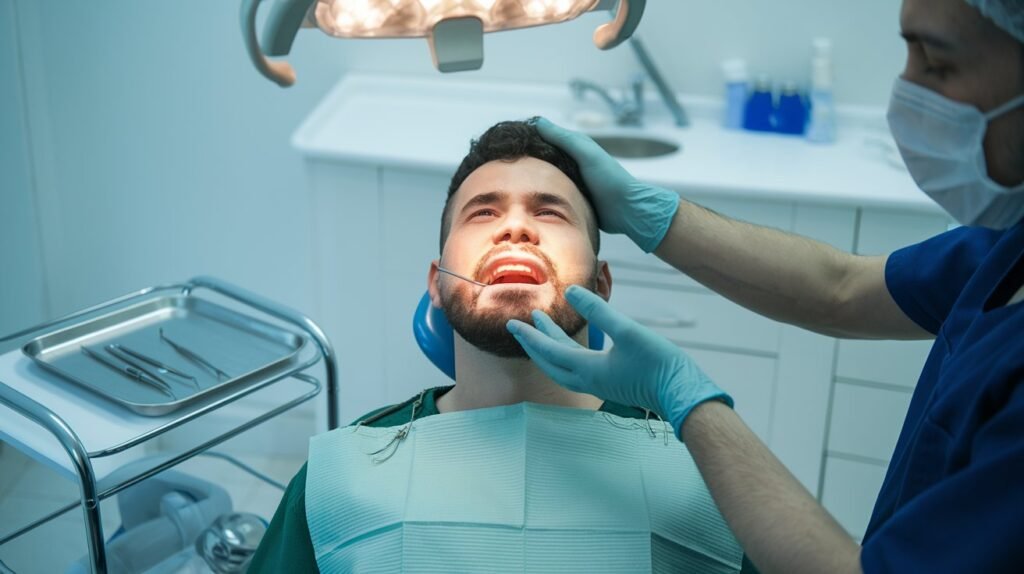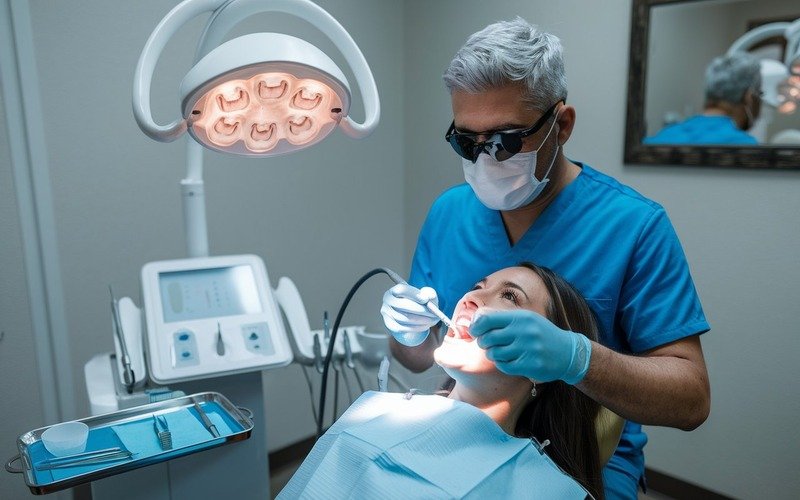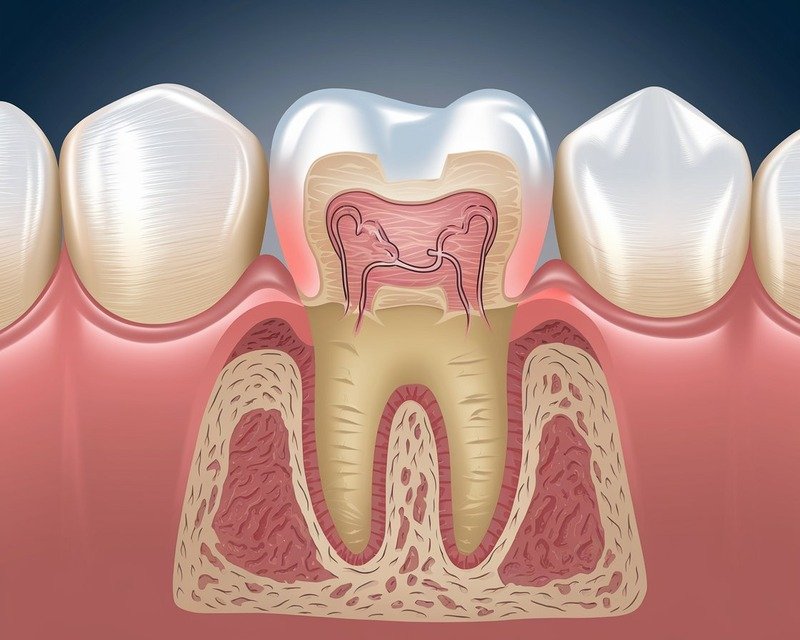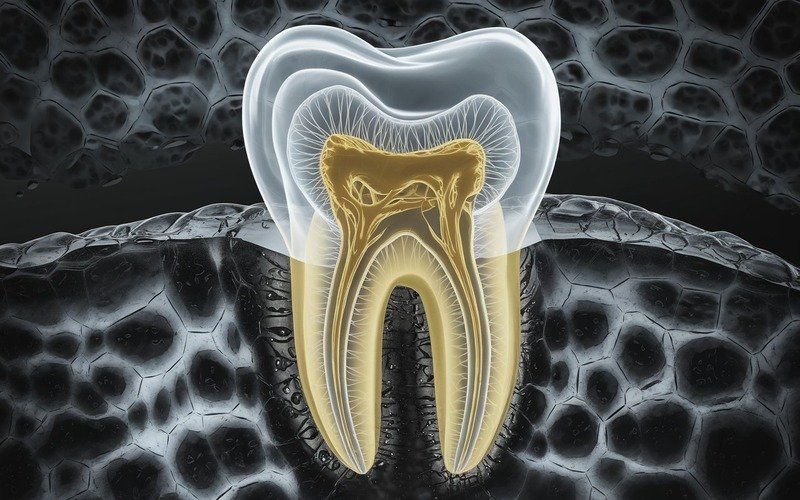
Picture this: You’re sitting in the dentist’s chair, and they’ve just dropped the bomb. “Your wisdom teeth need to come out.” Your mind starts racing. Are they really serious? Is this going to be as scary as every horror story you’ve heard from friends? You’re suddenly feeling a mix of confusion and mild panic.
Take a deep breath. Wisdom teeth removal isn’t the nightmare most people make it out to be. In this guide, we’ll break down exactly why dentists recommend removing these mysterious back teeth, what’s really going on in your mouth, and how the whole process works. By the end, you’ll understand why sometimes these teeth are more trouble than they’re worth.
What Are Wisdom Teeth Anyway?
Now, let’s discuss the enigma of late-arriving third molars. The wisdom tooth, or teeth-henceforth referred to in the singular-might be considered the rebellious teenager of your mouth.
It typically waits until between ages 17 and 25 to make its dramatic entrance, long after the other teeth have established themselves. Unlike the other teeth that showed up during childhood, the wisdom tooth—if it doesn’t already have a cavity, or, more likely, several—is a late bloomer.
Consider wisdom teeth as the far-removed relatives who crash family gatherings—reunion uninvited, take up room, and cause more trouble than they’re worth. Our evolutionary predecessors might have had good reason to find use for these molars, which provide chewing power for the kinds of foods our great-great-great grandparents might have eaten.
Even now, some people find these teeth mightily helpful and problem-free. But a visit to the dentist’s office and the waiting room of the oral surgeon’s office seems to indicate that wisdom teeth are more often trouble than they’re worth, leading many to consider them the dental equivalent of taxes.
Why Do Dentists Want These Teeth Removed?
Something most people don’t realize is that wisdom teeth are notorious troublemakers. They often don’t have enough room to grow properly, which leads to a whole host of potential problems. Try to picture this: you’re already hosting a party that’s bursting at the seams with guests, and then someone shows up with a request to join the festivities. That’s what wisdom teeth are like when they come in and try to take over your mouth.
Wisdom teeth can lead to some serious dental problems. Dentists are concerned when these teeth start to form because they often lead to alignment issues, and everyone knows that if something goes wrong with your teeth, it’s only going to get worse over time.
They might grow sideways, become stuck beneath the gum line (impacted), or create crowding that pushes your other perfectly aligned teeth out of position. They can also be the root cause of some serious headaches. On top of all that, they can cause damage to the nearby teeth and bone structure.
You May Like: Can Medications Affect Oral Health? (2025 Guide)
Signs Your Wisdom Teeth Might Need to Go
How can you tell if your wisdom teeth are going to cause you more trouble than it’s worth? Look for some clear warning signs. Is there pain in the back of your mouth that just won’t quit? Swelling around the gum area? What about difficulty opening your jaw, or ongoing neck and head tension?
Those are some serious flag-waving indicators that say, “Your wisdom teeth might be a problem.” Some people experience an increase in crowding that becomes visible – suddenly your previously straight teeth start looking like they’re in an amusement park funhouse mirror.
Not everyone requires the extraction of their wisdom teeth, but a lot of people do. If you’re having recurrent infections, are in pain, or are seeing your teeth shift, it’s a good idea to have a serious talk with your dentist about your wisdom teeth. These aren’t the sorts of symptoms to brush aside or hope will go away on their own.
The Process of Wisdom Teeth Removal: What to Expect?
Let us be candid about having wisdom teeth taken out. It is more frightening in concept than in reality. Most extractions take about half an hour to an hour and, in your case, will be performed under some kind of anesthesia.
How your body reacts to that will depend on what kind of anesthesia you are given, but rest assured: you will not feel anything during the actual extraction.
Your oral surgeon will do the work for you, using tools that make and keep the incision in your gum, remove the tooth (sometimes in pieces if it’s impacted), and close the site back up with stitches that will dissolve on their own.
Recovery: The Real Deal
Where things get interesting is recovery. The first few days can be uncomfortable – think swollen cheeks, some pain, and a diet restricted to soft foods. Stock up on ice packs, soft foods like pudding and mashed potatoes, and prepare to binge some Netflix. Most people feel significantly better within a week, though complete healing takes a bit longer.
Key is management of pain. Your dentist will likely prescribe pain meds, and OTC options can help too. The number one thing, though? Follow those post-op orders to the letter, lest you be the next unlucky person to get a dry socket.
When You Absolutely Need to Worry
Some situations with wisdom teeth are more serious than others. When they’re causing severe pain, swelling that won’t go down, or some kind of infection, well, that’s when you head to the dentist near me for an emergency appointment.
Certain health conditions make wisdom teeth removal more urgent, and then there are the medical mysteries-the wisdom teeth that are clearly going to cause trouble down the road but just won’t behave enough to be taken out.
Keep in mind that even though it sounds scary, having your wisdom teeth removed is a super common thing to have done and most people (even those of us who were scared silly beforehand) come through it just fine.
If you’re unsure about anything, that’s the clearest possible sign to go chat with your friendly neighborhood dental professional who can give you the lowdown on what’s up with your specific situation.
Final Words
Wisdom teeth might seem like a medical mystery, but they don’t have to be scary. Understanding why they might need to be removed can help you feel more in control and less stressed about the whole process. Every mouth is different, so the best advice is always to talk directly with your dentist about your specific situation.



